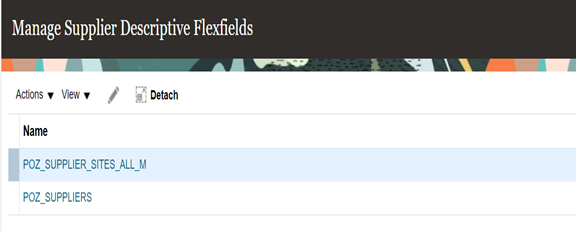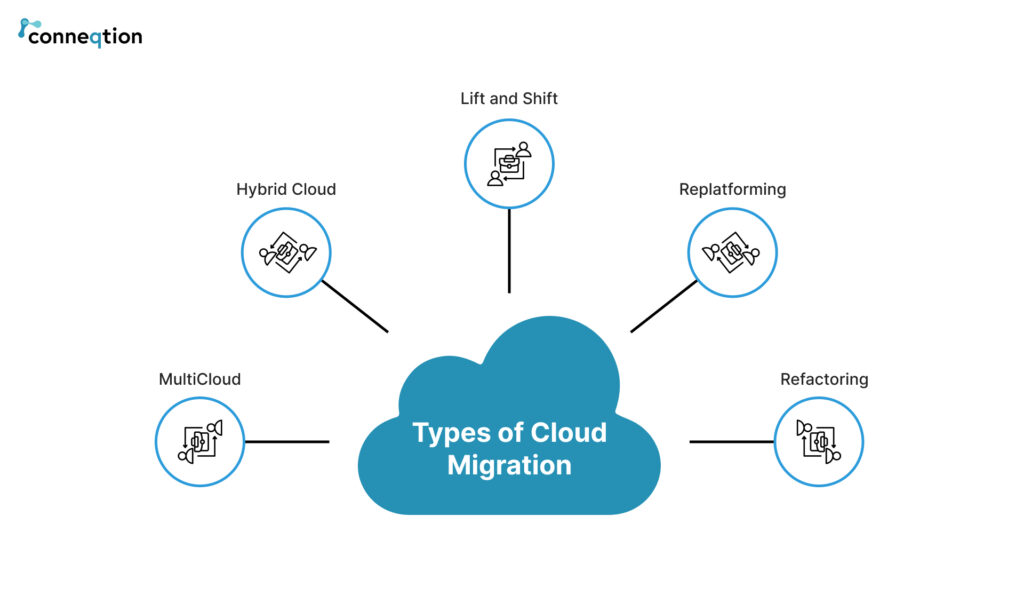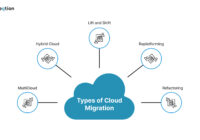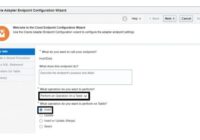In the recent years integration process for a business are increasingly popular to modernize their operations. So, in this article we are going to compare integration platforms which are MuleSoft, Boomi, and Oracle Integration Cloud (OIC) to help you make an informed decision about which platform is the best fit for your organization. While all three platforms offer similar capabilities, there are some key differences between them that businesses should consider when choosing which one to use. Whether you’re looking for a low-cost option, powerful features, or seamless cloud integration, we’ll provide you with the information you need to make the right choice.
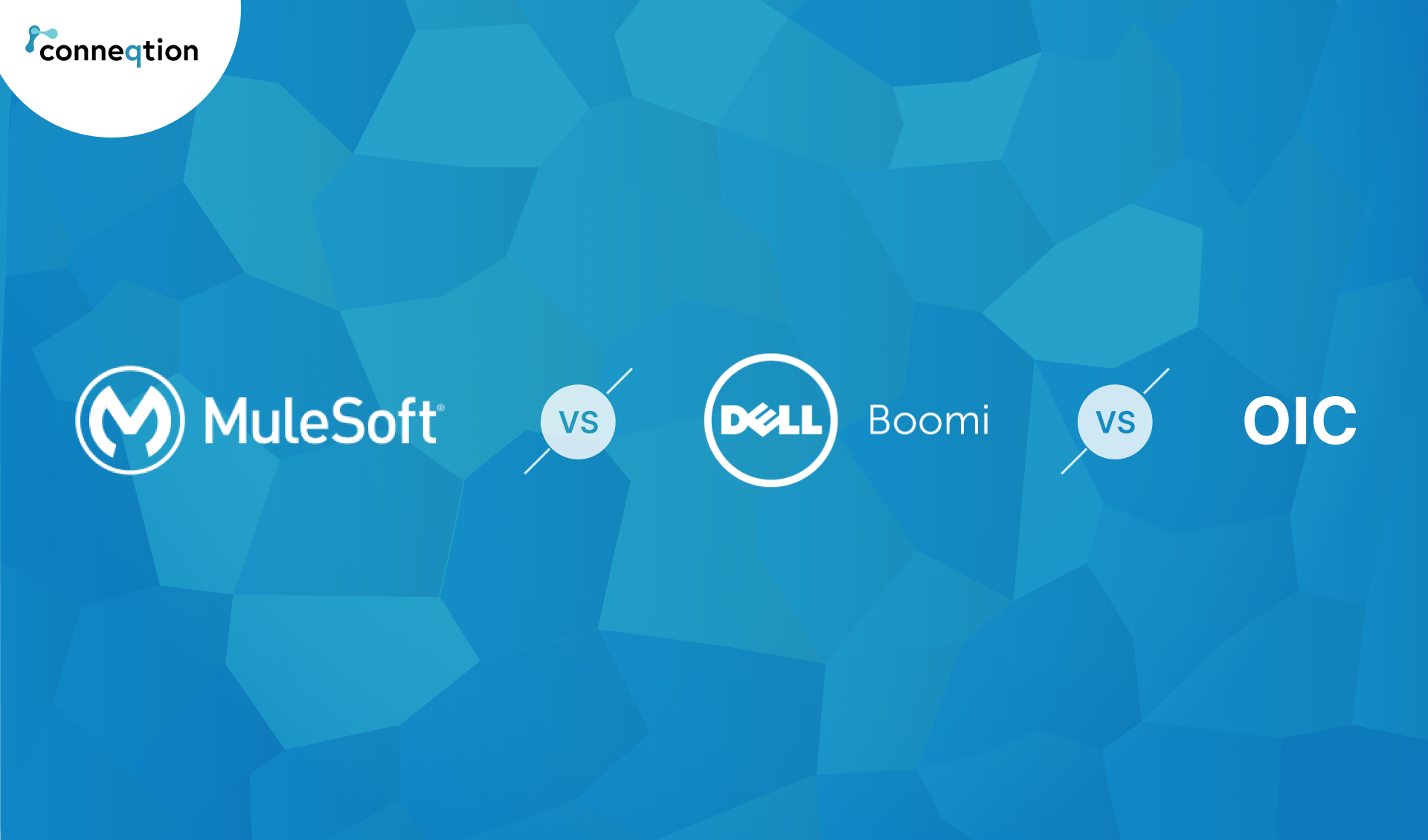
An Overview of MuleSoft, Boomi and OIC
MuleSoft, Boomi, and Oracle Integration Cloud (OIC) are all integration platforms designed to help businesses connect their various systems and applications. Each platform offers a range of tools and features to help organizations streamline their operations, automate processes, and improve efficiency.
MuleSoft:
MuleSoft, which is now part of Salesforce, is an API-led connectivity platform that allows businesses to integrate applications and systems both on-premises and in the cloud. It offers a variety of tools for building, deploying, and managing integrations, including a visual design interface, pre-built connectors, and API management capabilities.
Dell Boomi:
Boomi, which is owned by Dell Technologies, is a cloud integration platform that allows businesses to connect their applications and data across multiple clouds and on-premises systems. It offers a range of pre-built connectors, a drag-and-drop interface, and a variety of automation tools to simplify the integration process.
Oracle Integration Cloud (OIC):
OIC, which is owned by Oracle, is a cloud-based integration platform that enables businesses to connect their various applications and data sources using a range of pre-built adapters, connectors, and APIs. It offers a variety of automation tools, including process automation and robotic process automation (RPA), as well as built-in security features to ensure data privacy and compliance.
Recommendations for Choosing an Integration Platform
- Compatibility: Ensure the platform is compatible with your existing systems and technologies, including both on-premises and cloud-based solutions.
- Ease of Use: Consider a platform that is user-friendly and easy to use, even for non-technical users. This can save time and resources on training and support.
- Flexibility: Look for a platform that is flexible and can adapt to changing business needs. This can include the ability to scale up or down as needed, support for different data formats and protocols, and the ability to integrate with new systems and applications.
- Security: Ensure that the platform provides robust security features, including encryption, secure authentication, and access controls, to protect sensitive data and comply with data protection regulations.
- Cost: Evaluate the cost of the platform, including any licensing fees, implementation costs, and ongoing maintenance and support fees. Be sure to consider the potential return on investment (ROI) and long-term savings.
- Maintenance: Look for a platform with reliable customer support and maintenance services to ensure that issues are addressed quickly and efficiently.
- Integration Capabilities: Consider the integration capabilities of the platform, including the ability to connect to a wide range of systems and applications, support for real-time data transfer, and the ability to automate workflows and processes.
Suggested for you: Difference Between Data types, Object types, and Cursor in PL SQL
Which type of business can choose which integration and why?
Each integration platform has its strengths and use cases, and the choice of platform will depend on the specific needs of the business. Here is a brief overview of the strengths of each platform and the types of businesses that may benefit from them:
MuleSoft is an API-led integration platform that is ideal for businesses with complex integration requirements. It has powerful data transformation capabilities and can handle large volumes of data. MuleSoft is a good choice for businesses that need to integrate multiple systems, including legacy systems, cloud-based applications, and APIs.
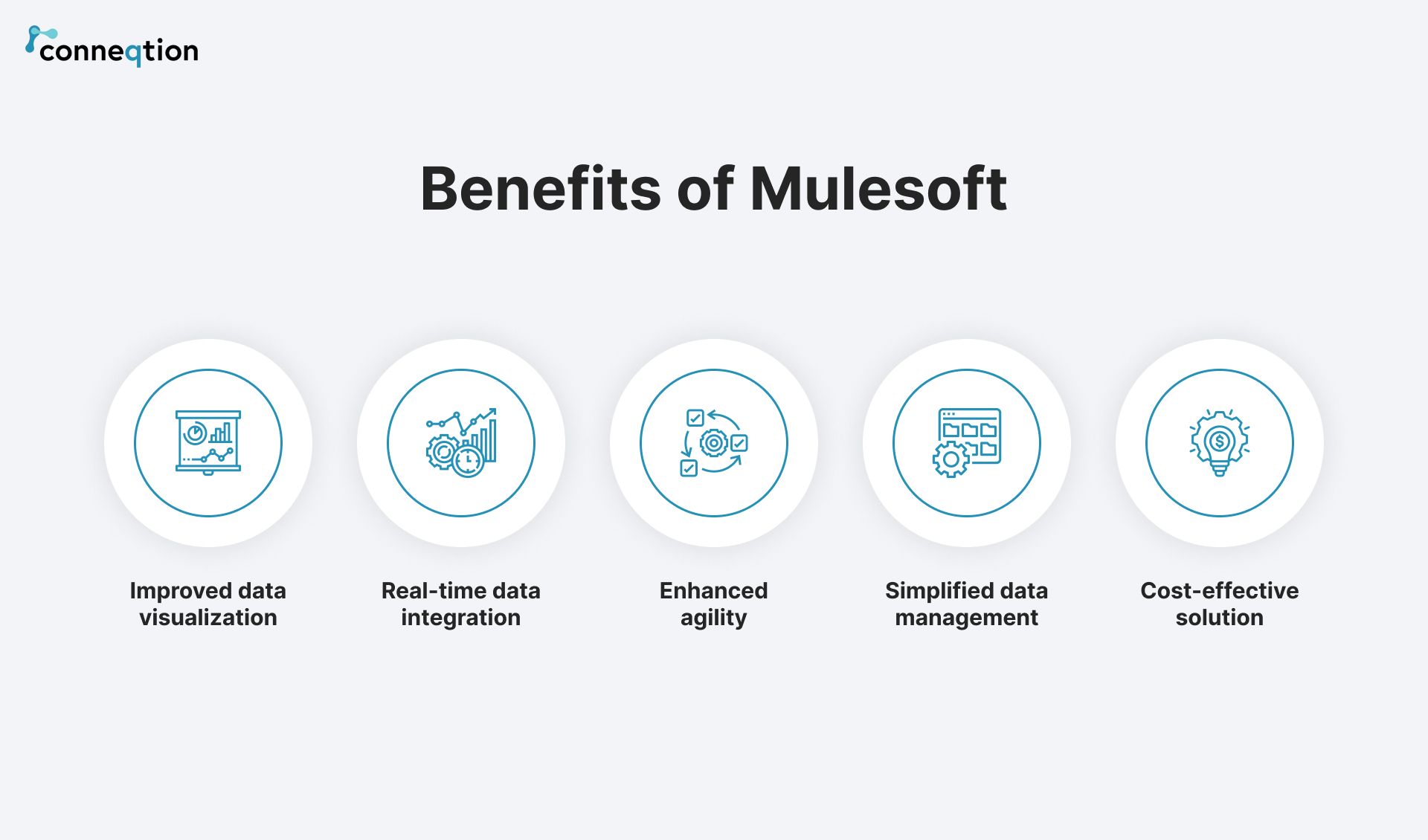
- Boomi is ideal for businesses that need to integrate cloud-based applications and data sources. It has a simple, user-friendly interface and supports a wide range of connectors and data formats. Boomi is a good choice for businesses that are looking for a cloud-native integration platform that can scale quickly.
- Oracle Integration Cloud (OIC) is designed to connect on-premises and cloud-based applications and data sources. It provides pre-built connectors and templates to speed up integration projects and has a user-friendly interface. OIC is a good choice for businesses that are already using Oracle software and need to integrate it with other systems.
Which integration platform is most preferable option for a business?
To determine the most preferable integration platform for a business, they should assess their integration needs, considering factors such as the
- Types of systems they need to integrate,
- Volume and frequency of data transfers,
- Complexity of data mapping and transformations
- Availability of IT resources to manage and
- Maintain the integration platform
In addition, businesses should consider their long-term goals and growth plans to ensure that the chosen integration platform can scale and adapt to their changing needs. It is also advisable to evaluate the reputation and track record of the integration platform provider, including their customer support and service level agreements (SLAs).
Quick Table Comparison of the integration platform uses
Integration Platform | Mulesoft | Dell Boomi | Oracle Integration Cloud |
| Integration Type | Hybrid Integration Platform (HIP) | Integration Platform as a Service (iPaaS) | Integration Platform as a Service (iPaaS) |
| Integration Styles | API-led connectivity, Data Integration, Application Integration | Data Integration, Application Integration, B2B/EDI Integration | API-led connectivity, Process Integration, Application Integration |
| Integration Complexity | Suitable for complex and large-scale integration projects | Suitable for simple to medium-scale integration projects | Suitable for simple to medium-scale integration projects |
| Development Language | Java-based development language | Visual development language | Visual development language |
| Deployment Options | On-premise, cloud, hybrid | Cloud | Cloud |
| User Interface | Anypoint Studio (IDE), Anypoint Platform | Dell Boomi AtomSphere | Oracle Integration Cloud Service Console |
| Key Features | Anypoint Connectors, Anypoint Visualizer, Anypoint MQ, Anypoint API Manager, Anypoint Exchange | Boomi Suggest, Boomi Assure, Boomi Flow, Boomi Master Data Hub, Boomi API Management | Integration Flows, Visual Workflow Designer, Process Automation, Oracle Cloud Adapter SDK |
Conclusion:
Choosing the right integration platform depends on a variety of factors, such as the complexity of integration requirements, deployment preferences, and key features needed. Mulesoft is a good option for complex and large-scale integration projects, while Dell Boomi and Oracle Integration Cloud are better suited for simpler integration requirements. Businesses should carefully evaluate each platform and choose the one that best meets their integration needs. If you are looking for a cloud integration, then contact conneqtion group!


